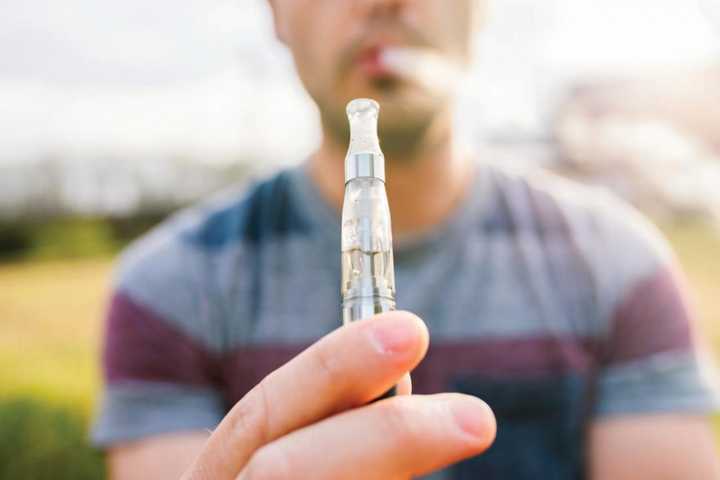This week, elected officials proposed raising the age from 18 to 21 as lawmakers seek to limit the number of teenagers using e-cigarette and vaping delivery systems. Other proposals include increasing penalties to stores that sell to minors and increasing taxes on vaping products.
The proposal to raise the legal purchasing age to 21 would also place a ban on flavored liquid, which health officials say will help drive teenagers away from potentially harmful products.
Hartford became the first municipality in Connecticut to ban selling tobacco products to consumers under the age of 21 in October last year. Bridgeport and South Windsor followed suit earlier this year.
A spokesperson for JUUL, a popular e-cigarette company, said that their company is "committed to preventing youth access of their vapor products. He said the company was in support of raising the age to 21 for consumers.
“We are committed to preventing youth access of JUUL products, and no young person or non-nicotine user should ever try JUUL. We cannot fulfill our mission to provide the world’s one billion adult smokers with a true alternative to combustible cigarettes if youth use continues unabated.
"Tobacco 21 laws have been shown to dramatically reduce youth smoking rates, which is why we strongly support raising the minimum purchase age for all tobacco products, including vaping products like JUUL, to 21 in Connecticut. Our secure website, JUUL.com, already requires all purchasers to be 21 and over. We look forward to working with policymakers at the federal, state and local levels to achieve Tobacco 21."
According to the Truth Initiative, in 2017, 7.9 percent of high school students in Connecticut smoked on at least once every 30 days, down from the national rate of 8.8 percent. In 2015, 7.2 percent of high school students used e-cigarettes, 2.8 percent used smokeless tobacco and 4.5 percent smoked cigars.
The Connecticut Department of Health reported that 14.7 percent of high school students reported “currently” vaping in 2017, compared to 7.2 percent in 2015.
“Although the use of combustible cigarettes has dropped significantly, high school youth are vaping more and are still being exposed to tobacco messaging, advertising and secondhand smoke,” health officials noted. “Although some preliminary studies have indicated that Electronic Nicotine Delivery Systems (e-cigarettes) may be safer than combustible cigarettes, the Surgeon General has concluded that nicotine poses a danger to youth, and its use in any form by youth is unsafe.”
Click here to follow Daily Voice Newtown and receive free news updates.
